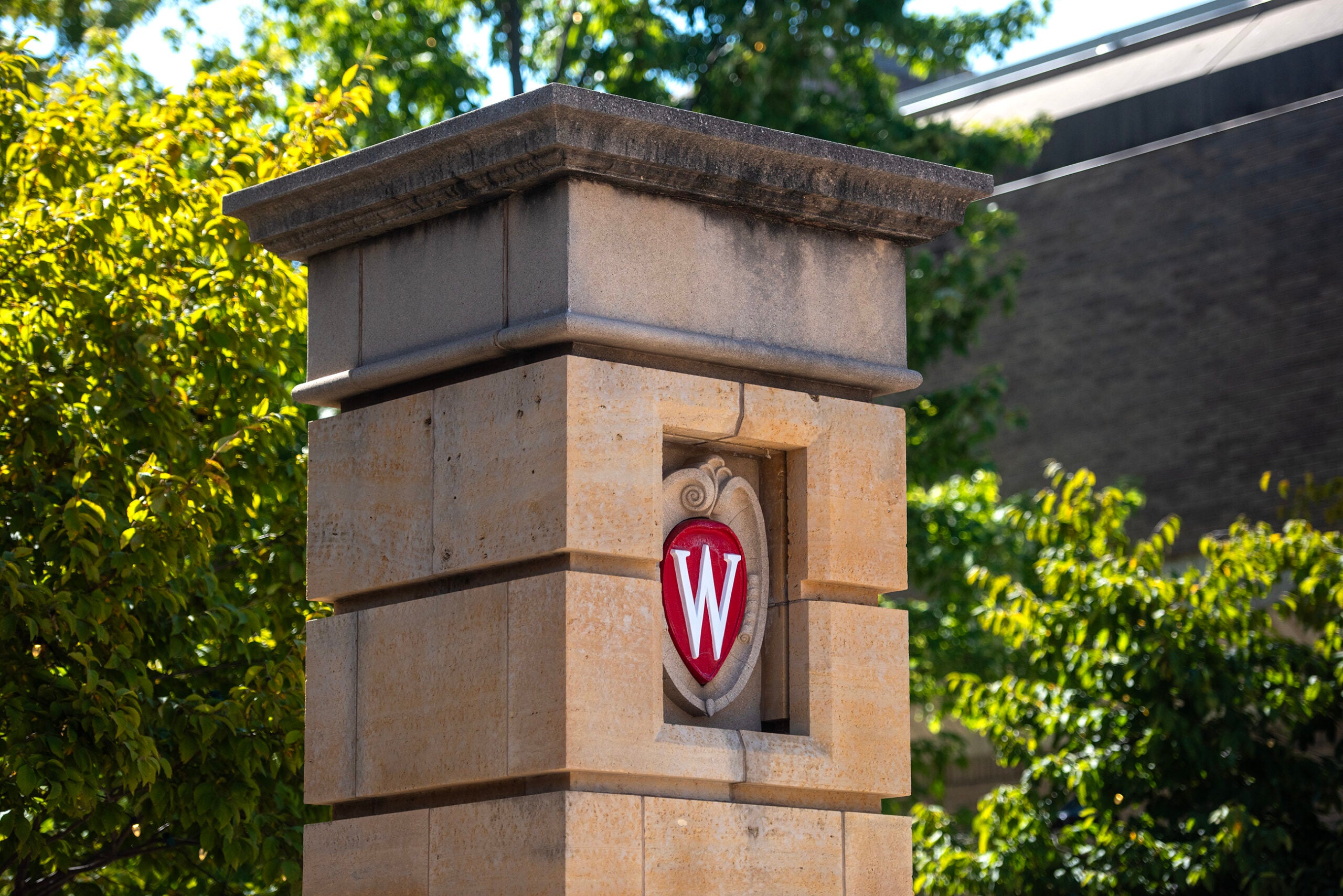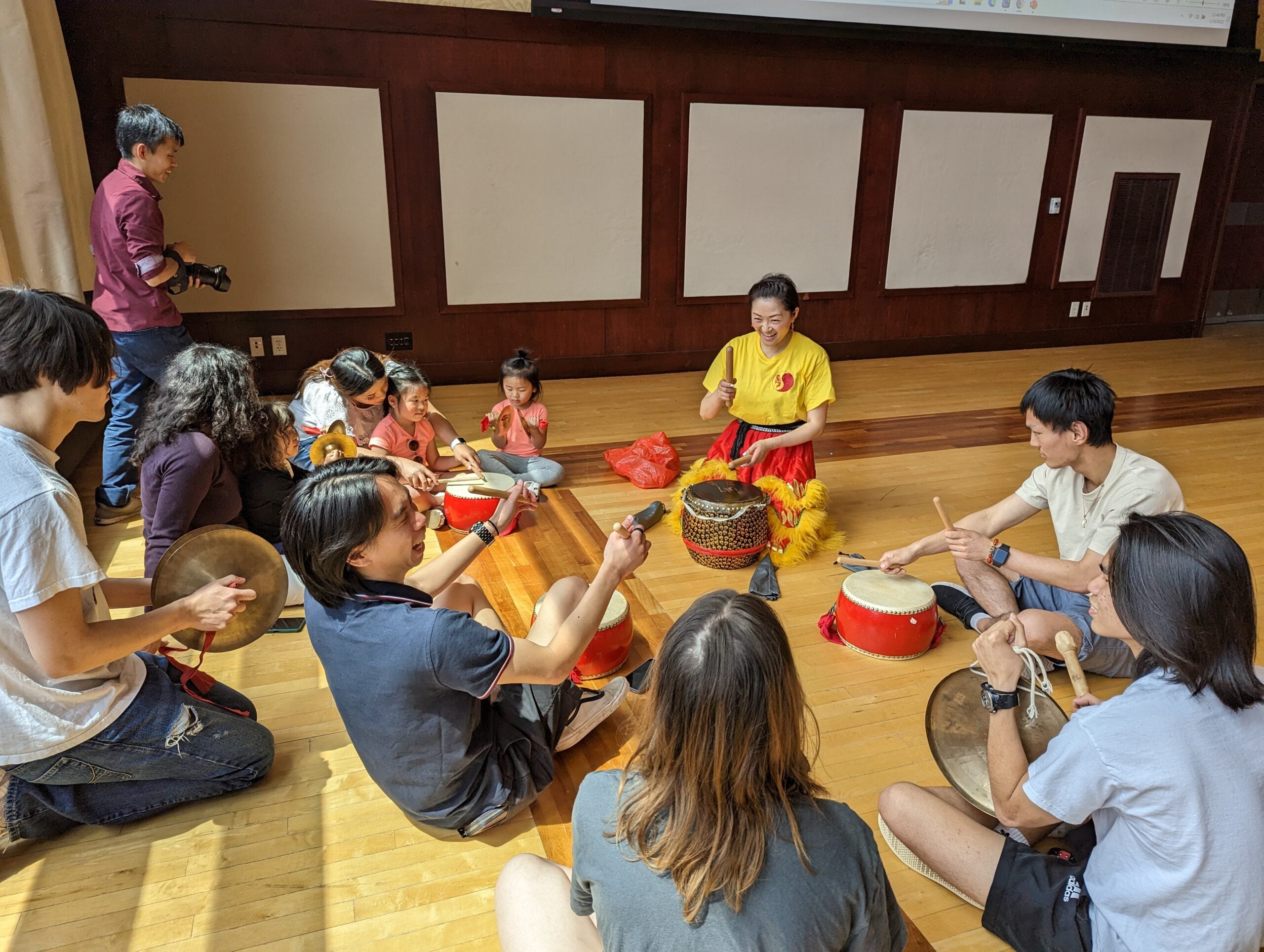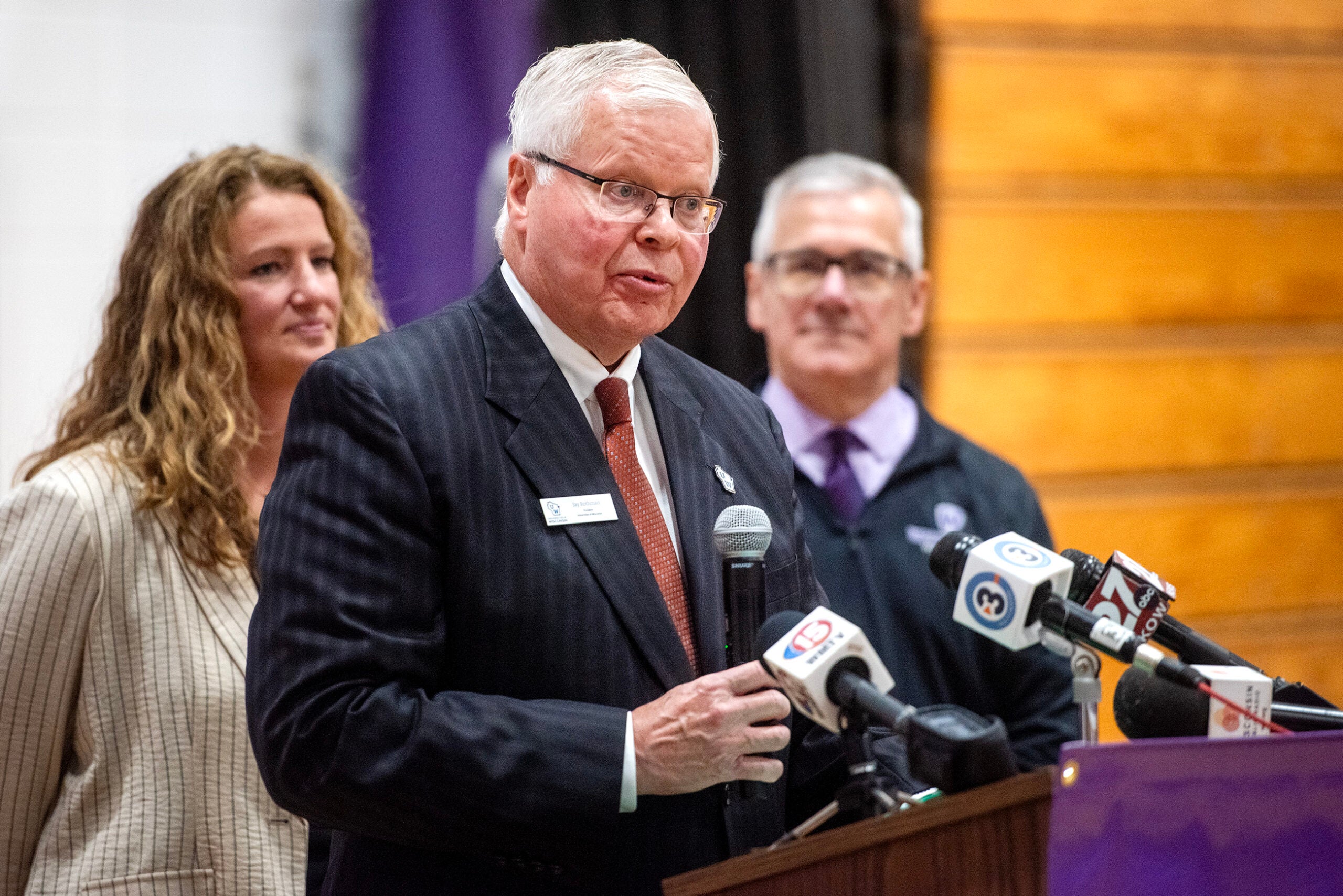Leaving home for the freshman year of college in a dorm can be daunting. Now imagine if you are starting college as a teenager who was homeless or in the foster care system.
The University of Wisconsin-Eau Claire is starting a program this fall called Fostering Success that will assist students who lack traditional family support with basic living needs.
“When I came (to the dorm) I felt alone. I felt like I didn’t have anyone who related to me or who could ever relate to me,” said Taz Smith, a UW-Eau Claire student who spent most of her teenage years in the foster care system.
News with a little more humanity
WPR’s “Wisconsin Today” newsletter keeps you connected to the state you love without feeling overwhelmed. No paywall. No agenda. No corporate filter.
Smith is studying criminal justice and entering her second year at UW-Eau Claire.
“I don’t ever want any other student to feel like that,” she said. “I want them to know that there is a group that cares for them. There are people on campus that are like them, even though they don’t walk around and tell it publicly.”
UW-Eau Claire officials estimate when school starts this fall, there will be about 100 students who were homeless or in foster care. While those students may get help through financial aid to pay for tuition, and room and board, college is still expensive — even for students with a more stable home life and family, said Angie Swenson-Holzinger, UW-Eau Claire associate director of the Advising, Retention and Career Center.
“When a student comes into their first residence hall room, they need to have bedding, shower shoes and towels,” she said. “That’s one of the things we’re working on as our first initiative with Fostering Success is putting together welcome baskets in laundry baskets with all of those necessities that a student might typically have from their families, that a student who’s a former foster student or a homeless student without that family support, nobody might be providing that for them.”
Smith said she hopes the program can help reduce stress and normalize the college experience for students facing housing instability.
“Instead of them worrying about how they’re going to get soap, toothbrush and toothpaste and all those simple necessities, they can worry about who’s ordering the pizza tonight? Whose room are we watching the movie in? You should be able to enjoy college,” she said.
Smith said they are hoping to help students avoid the stigma associated with being homeless or in foster care.
“The way that I look at it is, ‘This is support for you in the now to get to where you want to be in the future. If it’s something that you have to do now, so be it,’” Smith said.
Swenson-Holzinger said they are making discretion a central part of the program that is currently funded by donations.
“For many students, having to retell their story again and again can be very traumatic,” she said. “Fostering Success is trying to create a network around campus where once we know they’re connected to our program we can say, ‘Hey, I’ll get you connected to this person and they’ll help you meet your needs without having to ask a lot more questions and be intrusive about your personal experience,’” Swenson-Holzinger said.
A volunteer advisory board has been meeting since May to plan Fostering Success. It’s based on a program with the same name at UW-Stout.
Wisconsin Public Radio, © Copyright 2025, Board of Regents of the University of Wisconsin System and Wisconsin Educational Communications Board.







